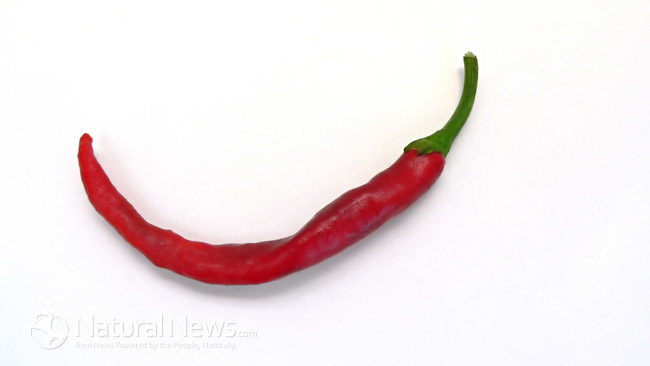The myth machine continues to hum when it comes to raising our metabolism. Health care professionals are divided when it comes to the validity of changing something with which we were born.
So what accounts for the wide variances in how each of us processes the food we eat? First, metabolism is the amount of energy or calories the body needs to maintain itself throughout the day. Science and medicine tell us that those with a higher concentration of muscle mass will have a faster metabolism. Some experts say genetics may be involved in determining how we metabolize food, such as the fact that great Uncle Willy has spent most of his life “eating for two,” remaining thin as a proverbial rail well into his 60s. Two of his adult children share that good fortune. The third child, on the other hand, is always on a diet yet has always been overweight, just like her mom and grandmother, who also seem to live on diets.
According to research, there may be ways to rev up your metabolism to burn more calories, however, largely through exercise and particularly strength training. Working out with weights is said to produce an enduring calorie-burning effect that lasts 24-32 hours after your last lift. One study showed that the resting metabolism of women in their 30s can be increased by 100 calories a day just by weight training twice a week. Incorporate weight training into your exercise routine and turn your body into an efficient fat-burning machine—even during the occasional Baskin Robbins run!
Interestingly, cutting calories too much can put the kaibosh on your metabolism. Very low calorie intake (under 1,200 per day for women; under 1,500 for men) causes the body to go into so-called “starvation mode” where it begins to store calories as fat instead of burning them for energy. Eating frequent, healthy, small meals and/or snacks every three to four hours can keep the energy engine stoked. Opinion varies on eating a good breakfast, and if including protein is important, but the general consensus is that in order to prevent any form of a sluggish metabolism where it begins to store calories as fat, one of those frequent small meals and snacks should certainly be breakfast.
Sometimes called a magic wand for weight loss, and the foundation of many diets including Atkins since the 1950s, ample amounts of protein are believed by some experts to raise your metabolism. In a process known as thermogenesis, the body uses about 10 percent of its calorie intake for digestion. It takes longer to burn protein than carbohydrates or fat, so the body expends more energy absorbing the nutrients of a high protein diet. A Purdue University study found diets higher in protein may help preserve lean body mass, the best “fat burner” there is.*
Finally capsaicin—the source from which hot peppers get their heat and prevalent in a bowl of chili—has been touted as a method to boost metabolism, at least temporarily. One study put the rise in metabolism at about 8 percent, said to be negligible, but by some accounts temporarily suppressing the desire to overeat.
Sources:
*http://www.health.com/health/gallery/0,,20306911,00.html
http://www.prevention.com/weight-loss/diets/weight-loss-how-boost-metabolism-high-metabolism-diet
http://healthyvitamin.net/can-i-lose-weight-and-put-on-muscle-at-the-same-time/





